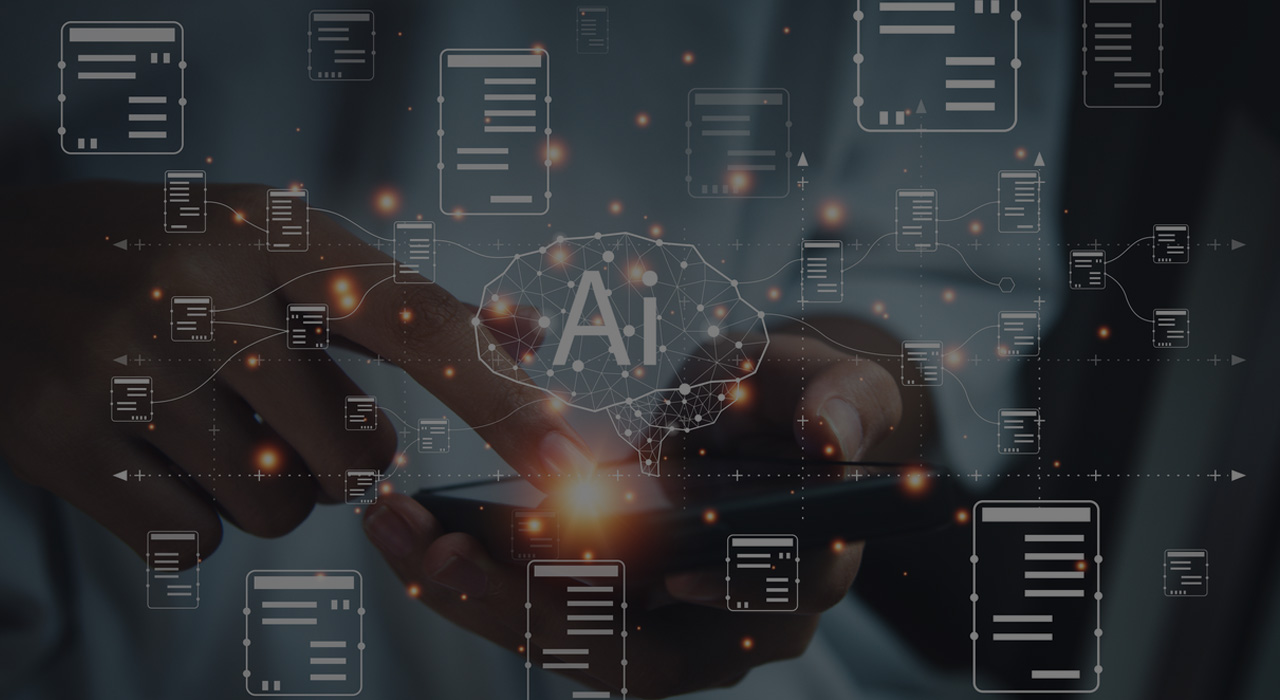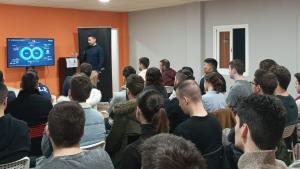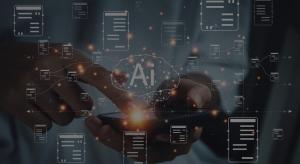How To Make the Leap from Traditional Leader to AI Leader - Asset Display Page

How To Make the Leap from Traditional Leader to AI Leader

How To Make the Leap from Traditional Leader to AI Leader
Challenges for an AI leader
Broad technological advances combined with the recent revolution brought about by Artificial Intelligence have directly impacted businesses and their leaders who have witnessed new opportunities and challenges transforming how they engage in leadership. It’s important to examine how this evolution has unfolded, taking a strong focus on the challenges and issues that leaders face and how to make this transition successful.
If in the pre-AI years leadership was based on retrospective and historical analysis for decision-making, now the perspective has been reversed and decisions are based on exactly the opposite. Today, leaders must anticipate market trends and do so with unprecedented precision. What’s more is the major impact AI has had from an operational perspective. In the past, leaders had to dedicate a good part of their time to process optimization and short-term operational efficiency to meet immediate objectives. Today however, one major transformation is that the automation of routine tasks through AI allows them to concentrate on strategic innovation and the search for market opportunities to develop personalized products that meet the needs of a range of clients.
Changes in the structure of the organization
The same is true of the structure of the organization, which has undergone a significant evolution from centralized decision-making to so-called flat and collaborative structures in which information is shared and decisions are made by everyone.
The transition to AI-driven leadership, however, is not without its challenges and one of the greatest of these that leaders of this generation must face is how to manage teams in an environment of constant evolution and automation. Leaders must now serve as guides for their teams in adapting to new technologies and in the new roles they subsequently have to play. They must also provide their teams with the necessary training to achieve this while demonstrating support in the journeys of the individual talents they lead. A study by the University of Oxford suggests that up to 47% of current jobs in the United States could be automated in the next two decades, which underlines the importance of effectively managing this transition.
The AI Leader and Information Privacy
If we focus on the relationship with customers, the biggest challenge for a leader is to achieve a balance between personalization and privacy. According to Twilio's Annual State of Personalization Report, 56% of consumers say they would repeat a purchase after a personalized experience, which represents an increase of 7% compared to the previous year. However, this same technology raises concerns about the use and security of personal data. According to a report by KPMG Spain, 75% of consumers are concerned about the privacy of their information. All of this explains why it is so necessary to have a careful balance between effective personalization and respect for privacy.
AI leaders must drive new business models
AI leaders are required to be able to identify and capitalize on new business opportunities while managing the associated risks. In this regard, a McKinsey study estimates that AI could add $13 trillion to the global economy by 2030, which points to the tremendous potential of this technology to transform entire sectors and create significant value for companies that know how to integrate it effectively.
AI offers powerful tools for crisis management and problem detection, allowing real-time decision-making that can be crucial in the face of new cyberattacks and reputation crises that are escalating rapidly throughout the digital world. A study by Stanford University found that companies that use AI to manage reputation crises can reduce the negative impact by 30%, which highlights the importance of integrating this technology into communication and crisis management strategies.
The Role of the AI Leader
The debate over the role of AI in leadership continues to evolve, with both optimistic and critical perspectives. Dr. Erik Brynjolfsson of MIT argues that “AI will not replace leaders, but leaders who use AI will replace those who do not.” Meanwhile, Andrew Ng, founder of Google Brain, argues that “AI is the new oil,” stressing the importance of its early adoption to remain competitive in a rapidly evolving market.
Simultaneously, experts such as Harvard’s Shoshana Zuboff express concerns about “surveillance capitalism,” warning that AI could amplify existing inequalities and biases if not properly regulated. Cathy O’Neil, author of “Weapons of Math Destruction,” adds that algorithms are not neutral and can perpetuate discrimination, highlighting the need for greater transparency and accountability in their use.
From traditional leadership to AI leadership
The transition from traditional to AI-based leadership requires a clear roadmap, the first step of which is to assess the organization's starting point in terms of knowledge, and then to integrate AI into parallel pilot projects that do not disrupt daily operations. Once AI is adopted on a larger scale, it is necessary that companies foster an organizational culture that recognizes the value of data and integrates it into decision-making. Finally, it is necessary to carry out continuous evaluation to find points of improvement and stay up to date with the latest trends.
The transition from traditional leader to AI leader will not be easy, but it is something that has become imperative today for those organizations that want to be competitive within this new business scenario. There is no room to question the leap; rather, it is necessary to understand that we are facing a paradigm shift in the way we understand and manage companies. The transition from a traditional leader to an AI leader requires a combination of curiosity, adaptability and a clear vision for the future. As leaders, we must be willing to learn, evolve and lead change in this new era.
This article was originally published in the Spanish outlet Computing.
Featured
-
NEORIS obtiene la certificación del Esquema Nacional de Seguridad (ENS) en España
ledna 14, 2025
-
Revolucionando las operaciones: cómo la visión por computadora está transformando las industrias de manufactura y logística
prosince 17, 2024
-
Las empresas no siempre sacan todo el provecho a sus redes
listopadu 29, 2024
-
NEORIS gana el bronce en los Premios W!N 2024 por We Are NEOS
listopadu 19, 2024
Most viewed
-
IA, SIM Swap y disrupción: las tendencias más destacadas del MWC 2024
března 25, 2024
-
NEORIS lanza HealthCheck para ayudar a las empresas frente al Coronavirus
března 27, 2020
-
NEORIS se convierte en Socio del Año de Microsoft
července 23, 2020
-
Microsoft reconoce a NEORIS como socio del año para SAP en AZURE
července 23, 2020











